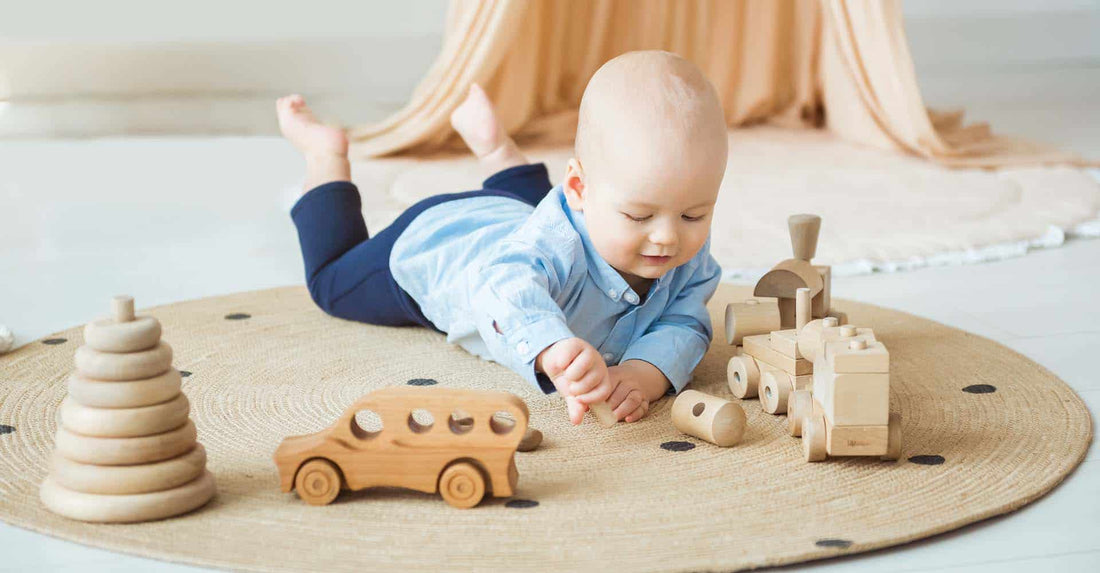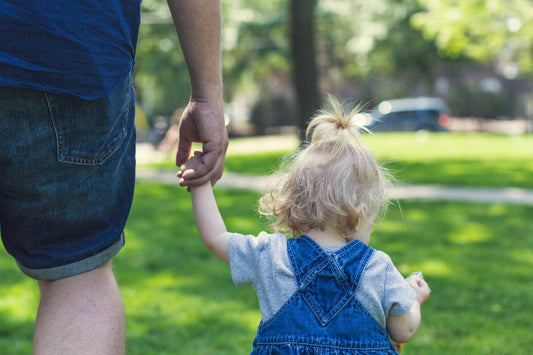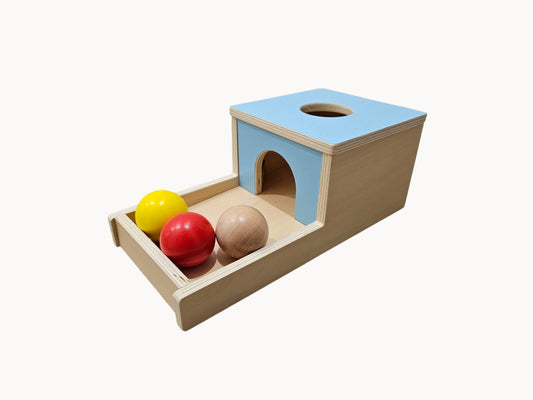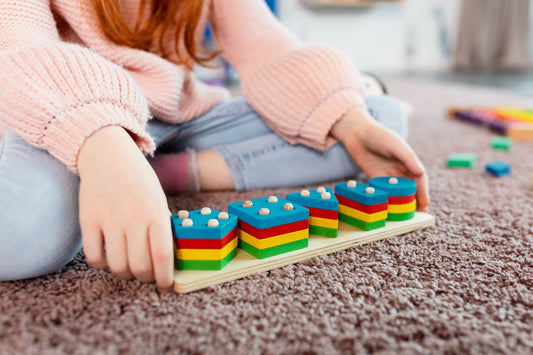
The First Plane of Development: Nurturing Your Child’s Foundation Through Montessori
Share
Maria Montessori divided human development into four distinct planes, with the first plane spanning from birth to around six years of age. During this period, she observed that children possess an “absorbent mind”—a mind that naturally soaks up everything from its environment, including language and culture. This stage is foundational, shaping how a child will continue to learn for the rest of their life.
While all stages of development are important, modern childhood educators widely recognize that these early years may be the most critical in shaping who a child becomes and how they engage with learning. If these years are so crucial in laying the key building blocks of order, calm, and wonder, how can parents create a warm and supportive environment to foster their child's growth?
Is the solution found in buying the perfect educational toy for each stage? Sending them to the best educational setting? Or simply “going with the flow”?
More Than Just Materials: A Holistic Approach
While Montessori activities and materials are intentionally designed, they do not single-handedly create a perfect childhood or guarantee optimal brain development. These tools are just one part of a much larger picture.
A rich learning environment in Montessori is built on more than just materials. It is a blend of:
✔ Movement and independence – Encouraging children to explore, move freely, and take ownership of their tasks.
✔ Sensorial discovery – Allowing hands-on experiences that engage all the senses.
✔ Relational connection – Fostering meaningful relationships between parents, caregivers, and the child.
When combined with purposeful Montessori materials, these elements create a powerful foundation for a child’s development in the first plane.
The Role of Parents: A Key to Lifelong Learning
As parents, we often feel the pressure to equip our children with the best foundation for lifelong learning. The Montessori approach has provided us with practical ways to bring learning to life, not just through structured activities, but through a relational approach that honors each child’s unique abilities.
Rather than focusing solely on finding the "perfect" toys or schools, we can support our children by:
✔ Creating an environment that fosters independence and curiosity.
✔ Providing hands-on learning experiences in everyday life.
✔ Establishing routines that give children a sense of order and security.
✔ Nurturing a warm, respectful parent-child relationship that encourages exploration and self-confidence.
Montessori offers a bridge between educational theory and real-life parenting, showing us how to create an environment where children thrive—not just academically, but emotionally and socially.
As Maria Montessori wisely said:
“If education is to be based on what we know of little children, we must first understand their development.”
By understanding the profound impact of the first plane of development, we can create an enriching environment that lays the foundation for a child’s lifelong love of learning.


